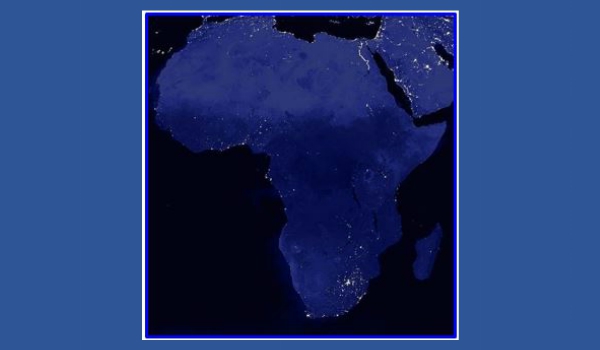
BMC Proceedings 2018;12(Suppl 5):5, 24 April 2018 Open access
From the Abstract
In April 2016, the Population Council, in partnership with the World Health Organization (WHO) and the International Consortium for Emergency Contraception, convened a regional meeting in Lusaka, Zambia, geared toward supporting countries in East and Southern Africa in meeting their obligations under the Maputo Protocol. These obligations include expanding access to women’s reproductive health services – especially women survivors of sexual violence.
Government and civil society representatives from six countries participated: Botswana, Ethiopia, Kenya, Malawi, Rwanda, and Zambia. Countries were selected based on to their being priority settings for the projects that sponsored the meeting, coupled with the fact that they were each far enough along in addressing post-rape care to be able to develop concrete policy, programming, and/or legal action plans by the end of the meeting.
The meeting was the first activity in a joint project of technical assistance by the conveners, aimed at strengthening access to comprehensive post-rape care for survivors of sexual violence. It aimed to sensitize Member States to their obligations under the Maputo Protocol to expand women’s access to emergency contraception (EC) and safe abortion services, and to inspire them to do so by providing information, research evidence, and a platform for discussion….
Pregnancy management and access to safe abortion
According to WHO guidelines, survivors who experience rape-related pregnancy should be counselled on their options and referred for abortion where legally available. This guidance is consistent with the Maputo Protocol and statements by the UN Commission on the Status of Women calling for access to emergency contraception and safe abortion for sexual violence survivors. Nevertheless, national sexual violence guidelines tend to be silent, or at best, vague on the law with respect to abortion and on counselling survivors who become pregnant regarding their legal options….
The article gives an in-depth picture of the issues in the countries concerned and talks about ideas for national action plans.



